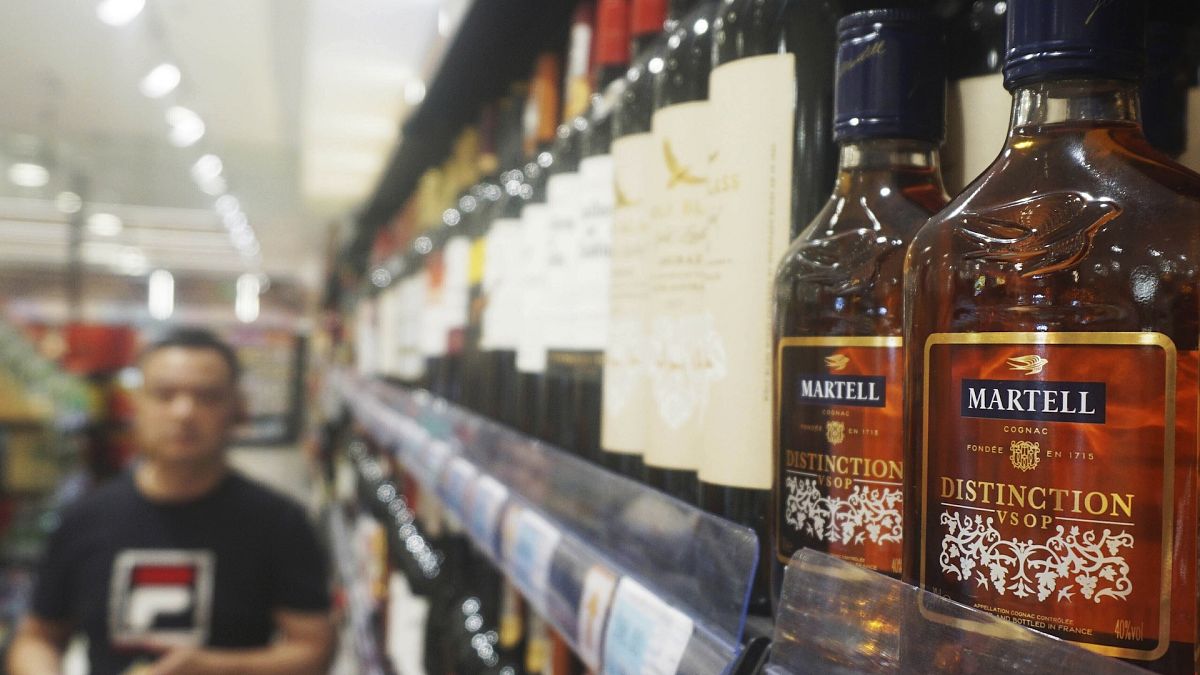The European Commission says it will ‘robustly’ challenge China’s decision to impose provisional antidumping measures on imports of brandy from the EU.
The European Commission has reacted angrily to China’s decision to bring in temporarily anti-dumping measures on imported brandy from the European Union (EU).
In a statement issued after China announced its plans, the European Commission said: “The EU takes with utmost seriousness any unfair use of trade defence instruments against any sector of our economy.
“Abuse of trade defence for inappropriate reasons is a clear breach of WTO rules. Accordingly, the Commission will robustly challenge at WTO level the announced imposition of provisional antidumping measures by China on imports of brandy from the EU.
“In parallel, the Commission will now carefully identify and assess all possibilities to offer appropriate support to EU producers facing the negative impact of this unwarranted decision by the government of China.
“We have tools at our disposal to address injurious impacts on EU producers from situations of market disturbance, or threat thereof.
“The Commission will always stand firmly and fearlessly on the side of EU producers, industry, open and fair trade, and a global level playing field.”
China ‘threatened with substantial damage’
Earlier, on announcing its decision, China’s Ministry of Commerce said that, following preliminary probes, the government had determined that the country’s domestic brandy sector was being “threatened with substantial damage, and that there is a causal relationship between the dumping and the threat of substantial damage”.
Although the measures are temporary, they are still expected to be a blow for brandy brands such as Rémy Martin and Hennessy.
France is expected to be most affected by this decision, with China last year importing as much as 99% of its brandy from France.
China’s latest move against European brandy imports follows the EU’s recent vote to go ahead with its planned tariffs on Chinese electric vehicles being imported into the bloc that could go as high as 45%.
This has increased EU-China tensions, which have been on the rise despite numerous attempts by both Brussels and Beijing to reach a mutually acceptable solution.

